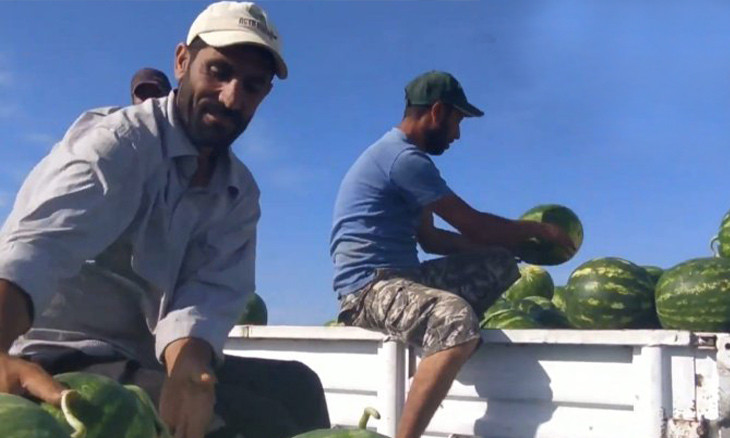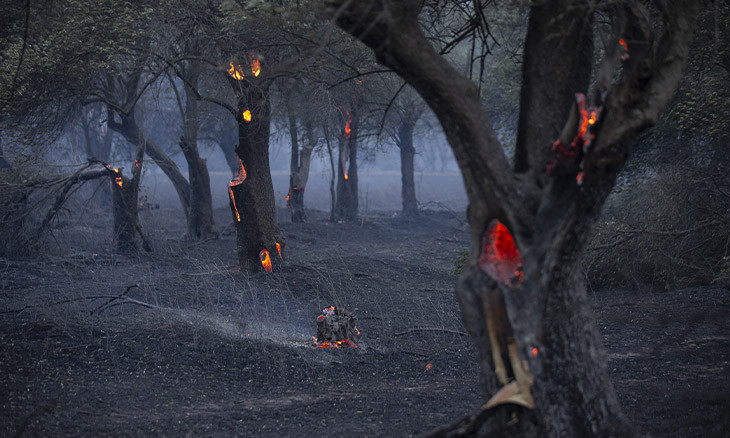Aegean tobacco farmers fear abandoning production amid growing economic difficulties
Turkey's tobacco producers in the Aegean Region are afraid they will fail to harvest their crops in 2021 due to financial strains. Aegean tobacco is famed for its slow burn, sweet taste, low nicotine content and pleasant smell, 90 to 95 percent of Turkey's tobacco exports come from the Aegean region.
Osman Çaklı / DUVAR
 Southern Turkey farmers harvest watermelon that 'they lost a lot of sleep over'
Southern Turkey farmers harvest watermelon that 'they lost a lot of sleep over'Tobacco producers in the Aegean province of Uşak say that the country's battered economy, in conjunction with the coronavirus pandemic, will make it impossible to harvest their crops next year.
Aegean tobacco is famed for its slow burn, sweet taste, low nicotine content and pleasant smell, which have resulted in its international demand. Some 90 to 95 percent of Turkey's tobacco exports come from the Aegean region.
Tobacco farmer Esat Yıldız says that production will decrease by 40 to 50 percent in 2021 and that many tobacco producers have had to result to giving up the trade.
“We can't pay our agricultural debts. Advances were not paid to everyone. People will have to sell their tractor or their field. 80 percent of farmers are in debt to the [state-run] Ziraat Bank, and some of them are in debt to other banks. The pandemic affected Turkey's farmers the most,” Yıldız said.
Uşak farmer Veli Yarcı said that many of the seasonal workers are Syrian or come from the southeastern province of Urfa, and are not experienced in working the tobacco fields.
“I received an advance but it did not meet the cost of labor. When foreign currencies rise, so do the prices of pesticide and fertilizer. The fertilizer that we bought last year for 70 liras now costs 110 liras, and the pesticide that we bought for 50 liras is now 100 liras."
"In three months I've paid 7,000 liras in water bills. Without water the tobacco production declines,” Yarcı said, adding that after this year he will no longer produce tobacco due to difficulties in making a profit.
 Fire scorches through hundreds of hectares in northwest Turkey
Fire scorches through hundreds of hectares in northwest Turkey
